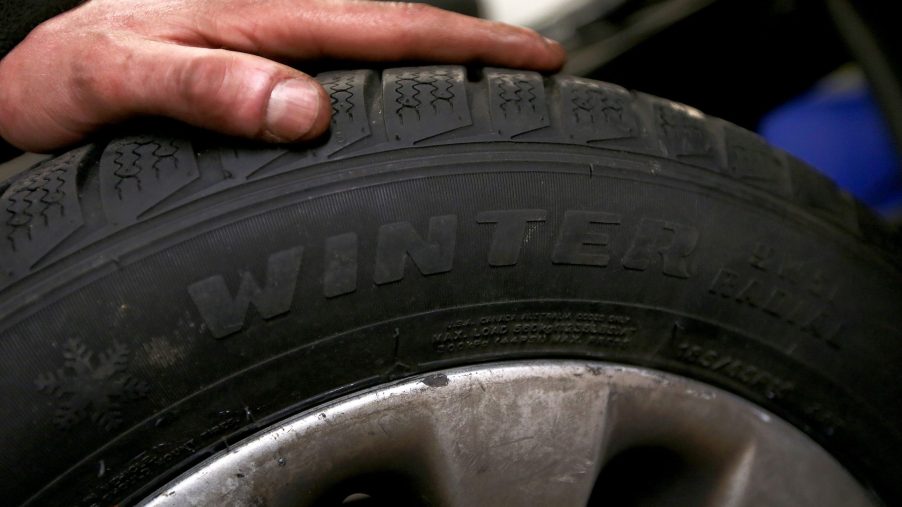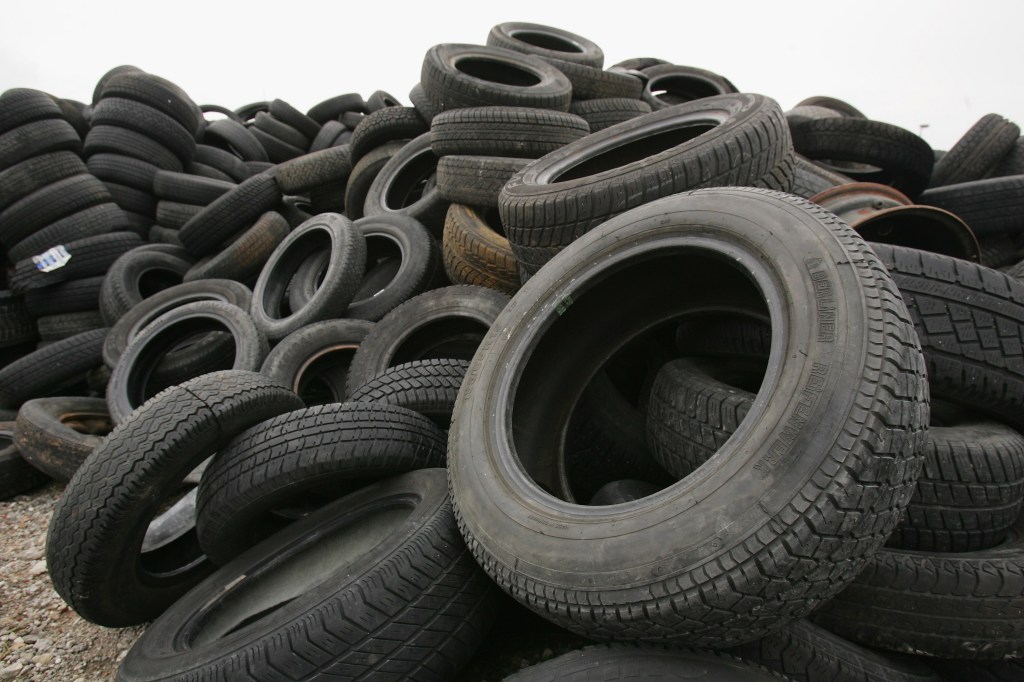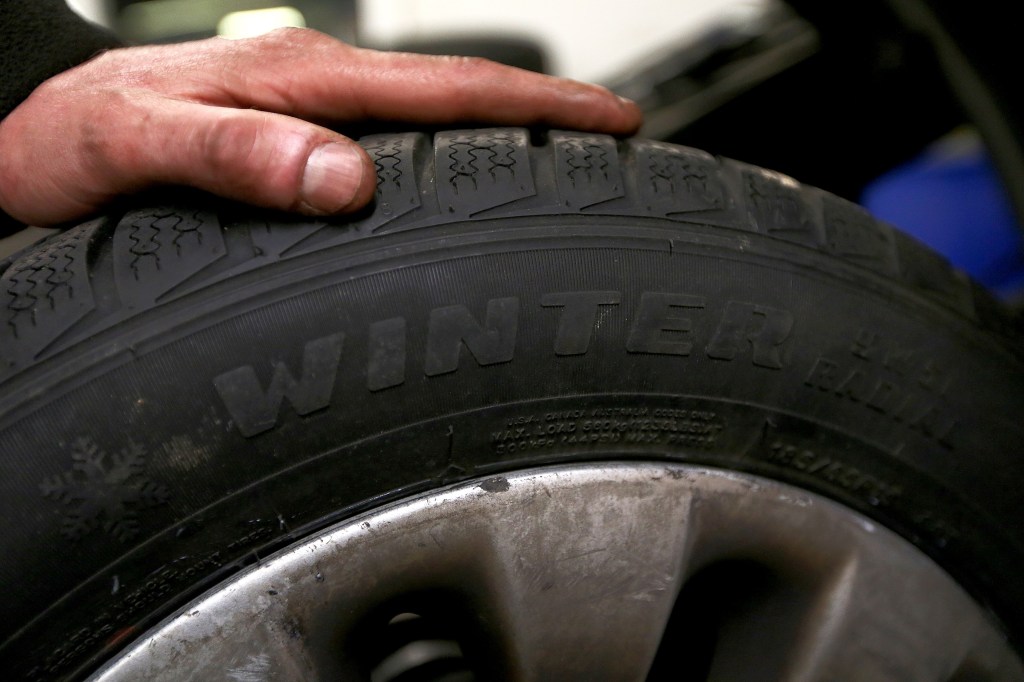
Is Buying Used Tires a Good Way to Save Big on a Major Expense?
Buying a brand new set of tires can be financially exhausting — especially if you live in an area where you have to switch between types of seasonal tires. It may sometimes be tempting to save money by buying the cheapest tires on the market, or even seeing if you can find a set of tires used, but that doesn’t always mean it’s the best idea. For a few reasons, it’s always best to splurge and buy new tires.
Buying used tires is typically cheaper than buying new tires

In most cases, buying a used set of tires is cheaper than buying new tires — unless you are buying the cheapest, lowest quality tires on the market. Whether you are trying to save money or be a little bit more eco-friendly, used tires can be repurposed in many ways — but being put back onto a vehicle isn’t always the best or safest way to reuse tires. It isn’t technically illegal to sell used tires, and many people do this through a private sale, but that doesn’t mean it’s a good idea to put them on your vehicle. Besides that, used tires may be cheaper initially, but they have a shorter lifespan left than new tires, meaning you’ll be paying to have them replaced again sooner rather than later.
Pre-loved tires may not be the safest options

Consumer Reports doesn’t beat around the bush when it comes to used tires, claiming that regardless of the potential savings, it isn’t the safest option. While we can gauge the age of a tire by treadwear, this isn’t necessarily the only determining factor in how much longer a tire has to offer a safe driving experience.
“Don’t buy used tires: you don’t know where they have been or how they’ve been used. The tire could have been driven overloaded, underinflated, or to excessively high speed. Any one or a combination of these factors could lead to internal damage not visible from the outside. In short, the used tire could be unsafe.”
Consumer Reports News
Used cars are sold with used tires — what difference does it make?
Chances are, if you are buying a used car, the tires on that car aren’t brand new — though that isn’t always the case. This leads to the question — why are some used tires OK, and some aren’t? There isn’t a 100% guarantee that used tires will be unsafe, but there isn’t a 100% chance that they will be. For this reason, it is usually recommended that you buy new tires even when purchasing a new car, though most people aren’t interested in such an expense unless it is clearly necessary. The reason behind avoiding new tires is simple: you can’t determine how much wear the tires have had during their life on the road just by a quick glance.
Isn’t that the point of gauging treadwear? Yes. Treadwear is the easiest and most measurable way to gauge a tire’s life, but it isn’t the only critical component of the tire that you need to worry about. Tires that have been sitting for a while can experience dry rot, and tires that have been driven in harsh conditions, underinflated, overinflated, or at high speeds for long periods of time can cause nonvisible internal damage to the tire.
Buying used tires isn’t always unsafe, but there is no way to truly tell how safe a used set of tires will actually be. Besides being potentially unsafe, used tires have less of a lifespan left than buying new tires, so while it may save you a bit of money initially, you will find yourself having to replace your tires more frequently.


